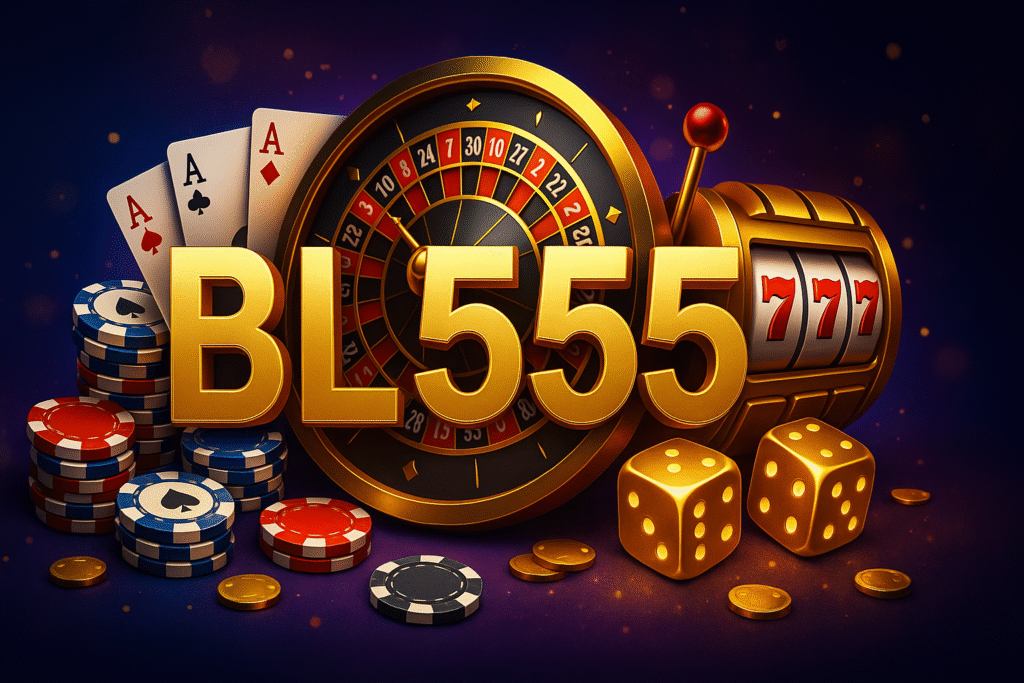
When it comes to online gambling, fairness is a top concern for both new and experienced players. One of the core technologies that ensures fairness in online casino games is the Random Number Generator, or RNG. Understanding how this system works can help players feel more confident in the integrity of the games they play. If you’re looking to access a platform that uses verified RNGs and licensed software providers, BL555 is an excellent starting point for safe and secure online gaming.
An RNG is a complex algorithm designed to generate a sequence of numbers that cannot be predicted. These numbers determine the outcomes of games such as online slots, blackjack, roulette, and more. Whether you’re spinning the reels or drawing a virtual card, the result is governed by the RNG, ensuring it’s entirely random and not influenced by external factors.
There are two main types of RNGs used in online casinos: pseudo-random number generators (PRNGs) and true random number generators (TRNGs). PRNGs are most commonly used in online gaming. They rely on a starting number known as a seed, combined with mathematical formulas, to produce long sequences of unpredictable results. Although PRNGs are technically deterministic, the complexity of the algorithms and frequent reseeding make them functionally random for gaming purposes.
TRNGs, on the other hand, use physical processes—like radioactive decay or atmospheric noise—to generate true randomness. These are more commonly used in cryptographic applications but are becoming more popular in blockchain-based gaming and certain regulated markets.
For a platform to be considered fair, its RNG must be independently tested and certified by a recognized third-party organization. Agencies such as eCOGRA, iTech Labs, and GLI (Gaming Laboratories International) regularly audit RNG systems to ensure they comply with industry standards. Certified casinos will proudly display these certifications on their websites, usually in the footer or on their licensing pages.
RNGs play a crucial role in ensuring that slot machines are not rigged. Every spin on a slot is determined at the moment you press the spin button, not based on previous outcomes or patterns. This debunks the myth that “a machine is due for a win”—each spin is independent and has the same probability as the last.
For table games, RNGs simulate the randomness of card shuffling or roulette spins. While live dealer games use actual physical actions, digital versions rely entirely on RNGs to simulate realistic outcomes. This makes games faster and more accessible while still maintaining fairness.
However, not all platforms implement RNGs honestly. That’s why it’s essential to play only on licensed and regulated casinos. Rogue or unlicensed platforms may manipulate the RNG or use unverified systems to tip the odds unfairly in their favor. This is where player discretion and research come into play.
Players can take a few steps to ensure they’re playing fair games:
- Choose casinos with visible certifications from trusted RNG auditors.
- Read reviews from independent sources.
- Stick with platforms known for working with reputable game developers.
- Avoid websites that lack transparency in how their games operate.
In addition to ensuring fairness, RNGs contribute to the overall entertainment value of online casino games. Because the outcomes are unpredictable, they keep players engaged and provide that all-important element of suspense. The thrill of not knowing whether the next spin will bring a jackpot or a loss is central to the appeal of gambling.
Conclusion
Random Number Generators are the backbone of fair online casino gaming. By ensuring truly random outcomes, RNGs protect both players and operators, fostering trust and long-term engagement. When combined with proper regulation and independent testing, RNGs offer a gaming environment that is both safe and exciting. As always, players should choose licensed platforms and practice responsible gambling to ensure a positive experience.